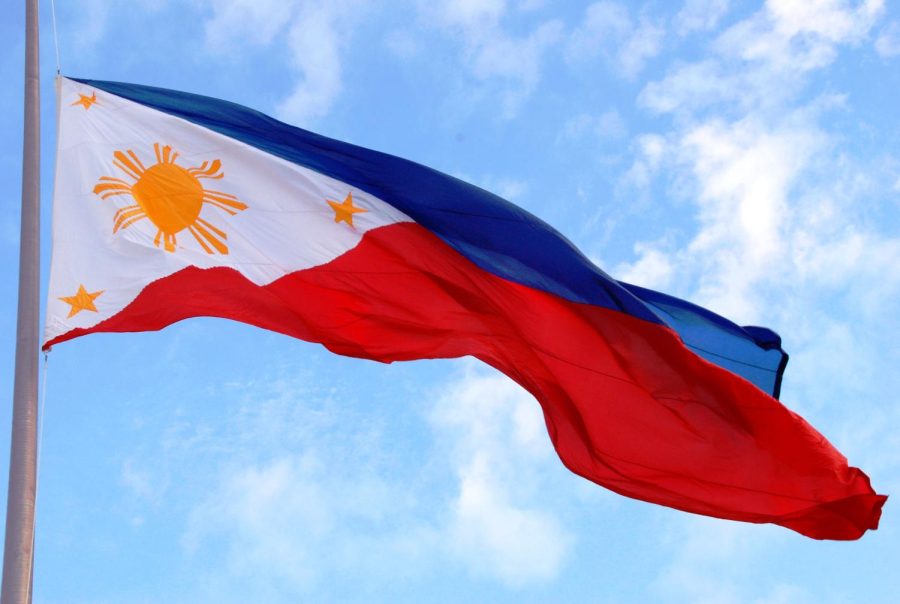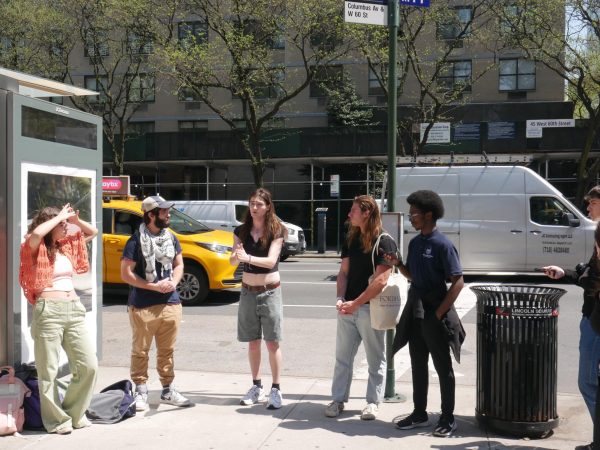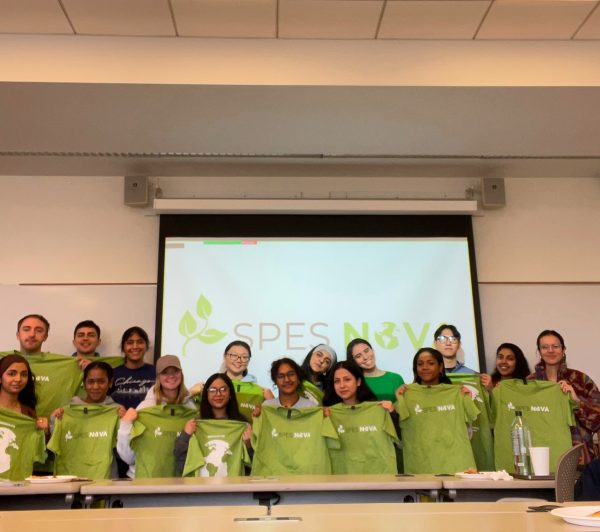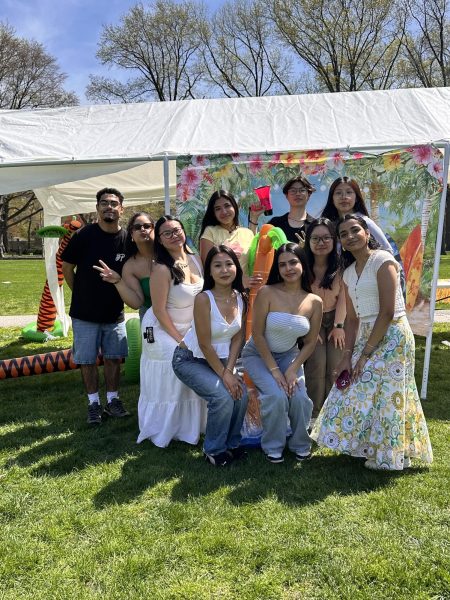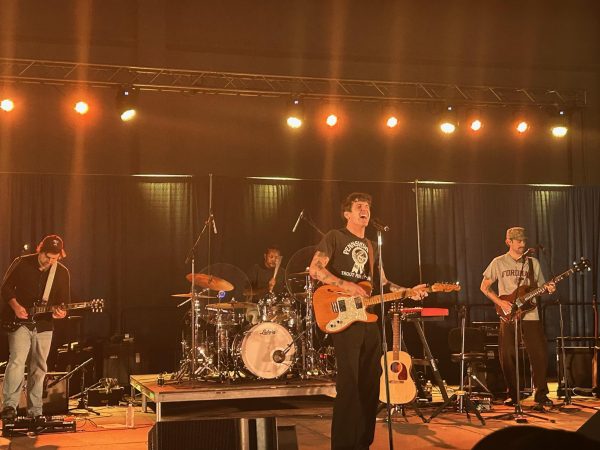Fordham Celebrates Filipino American History Month
Since 2009, October has been Filipino American History Month (FAHM), chosen to commemorate the arrival of the first Filipinos to North America in October 1587.
With a rich cultural heritage and significance across the United States, Filipinos are celebrated nationally, and gatherings are particularly elaborate in California and Hawaii, where many are settled.
At Fordham, the Philippine American Club (FUPAC) honors Filipino people and the history of the Philippines year-round, but revel in October as an opportunity to “celebrate the achievements and legacy of Filipinos in America, as well as our shared culture and heritage,” said Jonathan DeFelipe, GSB ’23, president of FUPAC.
“As a Filipino American, I see FAHM as a time to learn more about what has been and is currently happening in the Philippines,” said DeFelipe. “I feel like I’m not as informed about Filipino history as I want to be, so this month reminds me to make an active effort to learn something new about my culture.”
FUPAC is open for both Filipinos and non-Filipinos to learn more about the culture and history of the Philippines, such as its time as a Spanish colony or the years spent under martial law.
During October, there is a particular emphasis and vested interest in learning more about this history and educating as many people as possible.
“October is a time when I look at my culture, particularly, through the lens of history,” said DeFelipe.
FUPAC also welcomes guest speakers who may provide personal or historical insight into the Philippines or its relationships with other countries.
“During one of our meetings, we even had Father Lito, Fordham Campus Ministry Director, speak on his experience as a Filipino living through the martial law era. Learning about this side of Filipino history was impactful, especially hearing the personal accounts of someone who experienced it firsthand,” said DeFelipe.
As a university, Fordham regularly honors other culturally significant months such as Black History Month and Hispanic Heritage Month through the Office of Multicultural Affairs. However, some students feel like there are rarely dedicated events catered toward Filipino students or Asia-Pacific students in general. “I feel the major contributors [for events and awareness] are
FUPAC as a club and other Filipinos on campus,” explained DeFelipe. Some of FUPAC’s regular events include its annual mixer with the Asian Cultural Exchange (ACE) — so long-standing it is now considered a tradition — and food tastings, speed friending and educational seminars.
“We do our best to honor Filipino history and educate the greater community on our culture,” said DeFelipe. Placing a highlight on Filipino history and Filipino-American relations plays a role in the university’s better understanding of the world, as well as giving Fordham an opportunity to amplify diverse voices and celebrate its Filipino-American community.
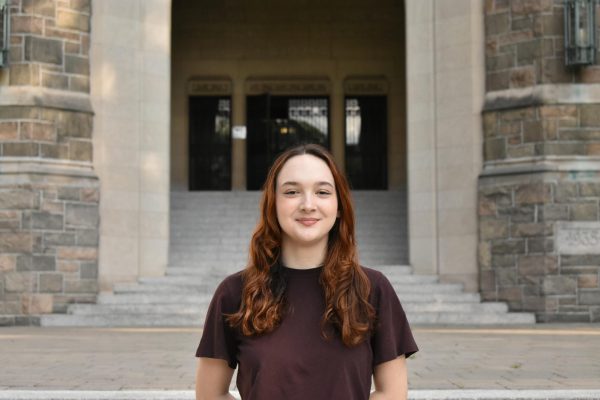
Samantha “Sam” Minear is a senior from Long Branch, N. J., majoring in international studies and communications. She started as a contributing writer...



































































































































































































